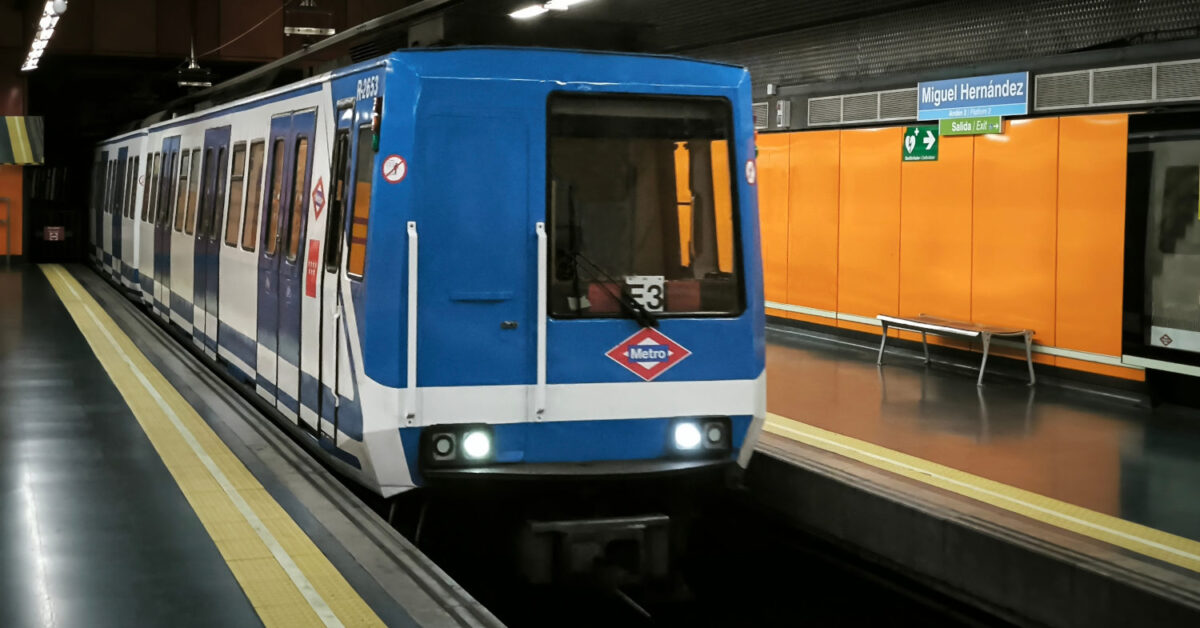The Madrid Regional Ministry for Housing, Transport and Infrastructure has confirmed the arrival date for the new trains on Madrid Metro Line 1.
During the first half of 2027, once manufacturing and testing are complete, these new units will begin carrying passengers on the network’s oldest line. The contract, valued at over €400 million, was signed with CAF in December 2024.
The order comprises 40 driver-equipped trains featuring the latest technological innovations, both in traction and passenger information systems (SIV). These will be dual-voltage trains (600 V DC/1500 V DC), allowing for future changes in line voltage.
Con Trenvista Premium, disfruta de una experiencia sin anuncios y acceso a contenido exclusivo.
Únete por sólo 35€ al año y aprovecha ventajas exclusivas diseñadas para personas expertas en el ferrocarril.
★ Descubre Trenvista Premium
Each train will run as a six-car formation, equivalent to 90 metres in length. Unlike the current rolling stock, these new units will feature open gangways, enabling passengers to walk the full length of the train.
This design change will also increase capacity by 16% by eliminating four intermediate cabs.
The new trains will replace the 2000 A series, affectionately known as “Pandas”, which were built between the mid-1980s and mid-1990s. They will be compatible with Bombardier’s (now Alstom) CBTC Cityflo 650 system, allowing for a minimum headway of two minutes between trains.
Further details on the new Line 1 trains will be published on Trenvista as they become available.
